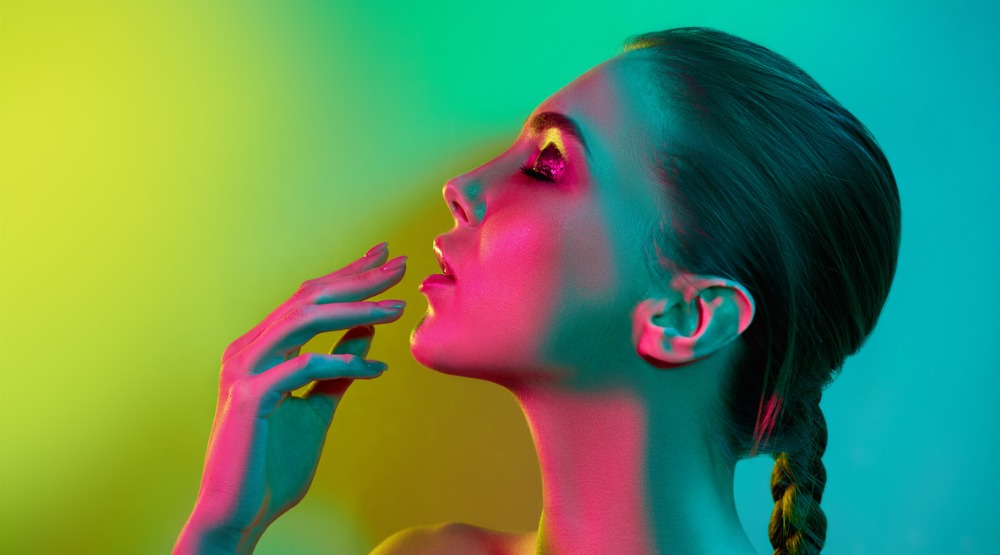Norway has passed legislation that bans influencers, advertisers or anyone paid to post from using retouched or filtered images to social media without attaching a disclosure announcing they have been altered. It passed with a huge majority in favour, as an amendment to the 2009 Marketing and Control Act.
It effectively bans influencers and anyone uploading paid posts on social media from using retouched or filtered images without clearly announcing as much within the post. Vice reports that “Under the recently-passed rules, advertisements where a body’s shape, size, or skin has been retouched—even through a filter before a photo is taken—will need a standardized label designed by the Norwegian Ministry of Children and Family Affairs. Examples of manipulations requiring labeling include enlarged lips, narrowed waists, and exaggerated muscles, but it’s not clear if the same will apply to adjustments of lighting or saturation.
The law also covers images from influencers and celebrities if they “receive any payment or other benefit” in relation to the post, including on social media platforms Facebook, Instagram, Snapchat, TikTok, and Twitter. Any violations are punishable with escalating fines and, in extreme cases, even imprisonment.”
A similar law in the UK, the Digitally Altered Body Images Bill, in the UK is working its way through the legal review system right now. According to the UK Parliament the bill would” require advertisers, broadcasters and publishers to display a logo in cases where an image of a human body or body part has been digitally altered in its proportions; and for connected purposes.” The Advertising Standards Authority in the UK also banned the use of misleading social media beauty filters when advertising cosmetic products in February of this year. The Instagram hashtag #filterdrop, started by makeup artist and model Sasha Louise Pallari, even began to trend last year in a reaction to the rampant and unethical use of filters, according to the BBC.
In a sign of the way social media platforms are also owning up to their responsibility to ensure they don’t promote the posting of negative content, Pinterest has became the first social media platform in the world to ban all ads with weight loss language and imagery, which began 1 July 2021.
Pinterest says “This stance makes Pinterest the only major platform to prohibit all weight loss ads. It’s an expansion of our ad policies that have long prohibited body shaming and dangerous weight loss products or claims. We encourage others in the industry to do the same and acknowledge, once and for all, that there’s no such thing as one-size-fits-all.”
It includes any weight-loss language or imagery, testimonials, any language that idealised or denigrates specific body types, references to BMI or other indexes, any product claiming weight loss through something worn or applied to the skin.
Elizabeth Thompson, Interim CEO for the National Eating Disorders Association says “We are hopeful this global policy will encourage other organizations and companies to reflect on potentially harmful ad messages and to establish their own working policies that will create meaningful change.”
MIT’s Technology Review has covered Facebook’s 2019 ban of distortion effect filters (which they quietly walked back a year later), incredibly popular among young girls, for their ability to do things like enlarge eyes, smooth skin and plump lips.
National governments, individuals with a public platform and the social media companies themselves have started to take notice of the damaging effects that rampant and undisclosed use of filters can have.
—
Read the current issue of our digital magazine here:
For more news and updates, subscribe to our weekly newsletter.
—
Have an idea for a story or want to see a topic covered on our site and in our pages? Get in touch at info@professionalbeauty.com.au.

